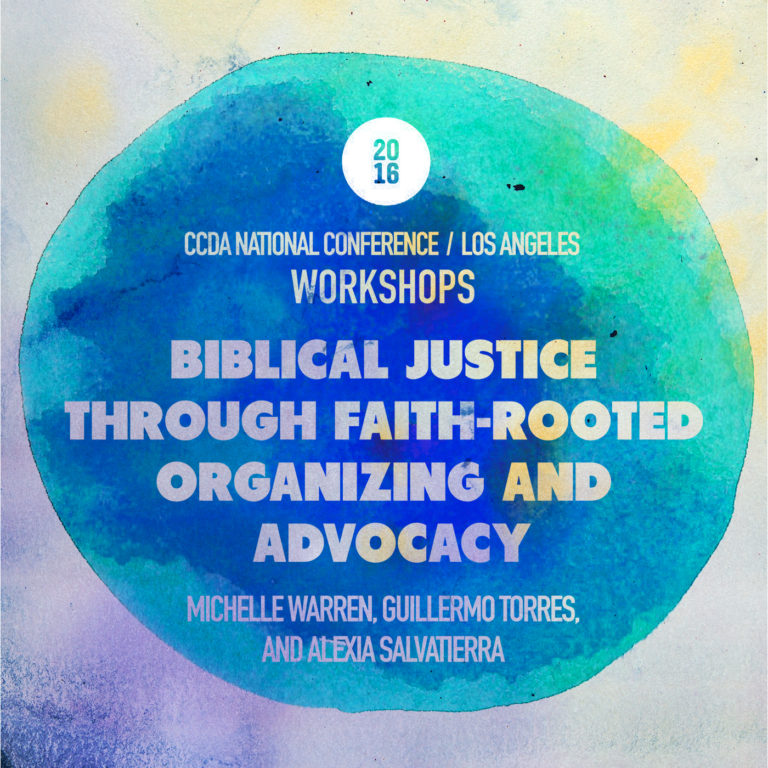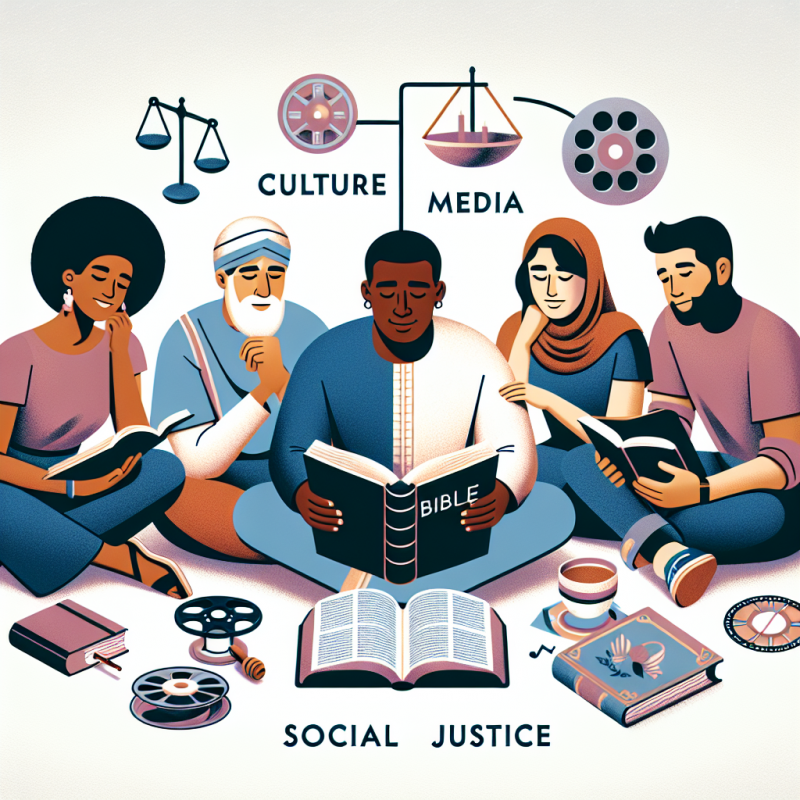“`html
Christian Ethics and Social Issues: Engaging with Culture and Media
As Christians navigating the ever-evolving landscape of modern society, we’re increasingly confronted with pressing questions: How do we engage with culture? How do we approach media consumption in a way that reflects our faith? In a digital age dominated by media, from news channels to social networking platforms, these questions are more relevant than ever before. These tools can shape our habits, influence our thoughts, and steer our values. But how can we, as followers of Christ, engage with these platforms while staying true to the Biblical principles of truth, grace, justice, and mercy?
In my personal journey, questions about culture and media engagement are not abstract. As a technology consultant who has spent years navigating various professional and media landscapes, I’ve often wrestled with how best to balance my Christian ethics with the demands and pressures of the world. The lessons, trials, and triumphs I’ve encountered provide insight into how we can all approach these complex cultural conversations.
The Biblical Mandate for Cultural Engagement
First, we must ask ourselves, what does the Bible say about interacting with culture? The Word offers us clear guidance, most notably in John 17:14-18. Here, Jesus prays for His followers and explicitly states that while we are “in the world,” we are “not of the world.” This beautifully balances two elements: the need for engagement (we are in the world) and the importance of setting ourselves apart (we are not of the world).
Engaging with culture and media, therefore, is part of our Christian witness—an opportunity to share Christ’s love and truth in a broken, confused society. The Apostle Paul echoes this sentiment in 1 Corinthians 9:22-23, where he emphasizes becoming “all things to all people” in order to win others for Christ. However, this engagement must be grounded in wisdom and discernment, echoing Paul’s exhortation in Romans 12:2: “Do not conform to the pattern of this world but be transformed by the renewing of your mind.”
Challenges in Engaging with Media: Navigating Truth and Discernment
The media landscape is fraught with challenges: misinformation, divisive content, and sensationalism. How do we, as believers, navigate this storm of content with integrity? Media often reflects society’s shifting values, and without discernment, it’s easy for us to unintentionally absorb messages that conflict with our Christian worldview. In a post about Christian responsibility in engaging with culture, we explored how the media often seeks to shape beliefs rather than simply inform.
The first step in responsible Christian media consumption is recognizing our responsibility to seek out truth. As Christians, we are called to uphold the truth, and this applies not only to our personal lives but also to how we filter the information we encounter. Philippians 4:8 offers us a powerful framework for discerning what we allow into our minds: “Finally, brothers and sisters, whatever is true, whatever is noble, whatever is right, whatever is pure, whatever is lovely, whatever is admirable—if anything is excellent or praiseworthy—think about such things.”
Yet truth and grace must always go hand in hand. The temptation, especially in highly charged cultural debates, is to seek to “win” arguments instead of approaching conversations with love. Jesus demonstrated a model of engaging people with compassion, even as He held firm to Biblical truth (John 1:14 describes Him as “full of grace and truth”). As Christians, we are called not only to correct but to do so with humility, empathy, and a desire to foster understanding.
< >
>
Practical Engagement: How Christians Can Make a Positive Difference
But what does this look like in practice? How can we engage constructively with media without falling into the traps of anger, disillusionment, or passivity? One practical step we can take is curating what we consume. Being selective about the media we engage with doesn’t mean hiding from worldly content or placing ourselves in a bubble. Instead, it’s about practicing discernment—following news sources that prioritize truth, listening to content that uplifts and informs rather than divides.
I’ve faced this challenge quite personally as I transitioned from purely consuming media to creating content through my firm and this blog. In fact, much of my writing, especially around topics like the Beatitudes, reflects the tension between living faithfully in a world that often promotes conflicting messages. I have learned to approach media with purposeful intent, asking myself before I engage with any content: Is this drawing me closer to Christ? Is it fostering love and understanding, or is it stirring up division and discontent?
<
>
Christians also play an essential role by contributing to media rather than merely consuming it. Whether through blogs, social media posts, or creative outlets like art and music, we can reflect Christ’s love and truth in what we share. Our engagement can represent an alternative to the negativity that often pervades. We are called to be “salt and light” (Matthew 5:13-16), and this extends to how we interact with and contribute to the digital world.
The Christian’s Call to Grace and Justice through Media
In our culture, media doesn’t just entertain—it informs our views on justice, truth, and morality. Therefore, when we engage with issues like poverty, inequality, and societal injustice, we must always do so with the Christian perspective of balancing justice and mercy. This balance was something I reflected upon during one of my defining experiences—witnessing abject poverty firsthand. Struck by the stark disparities in the world, I couldn’t ignore the Biblical call to advocate for the oppressed. As Micah 6:8 reminds us: “What does the Lord require of you? To act justly, to love mercy, and to walk humbly with your God.”
In my previous reflections on faith and theology, I noted the structural impact of key Christian movements like the Reformation, which profoundly influenced how believers view justice. These same revolutionary ideas should inform our engagement with media today. We must highlight issues of justice but do so in a way that is merciful and compassionate, striving to lead by example.
< >
>
Reflecting on Our Role: A Call to Action
As believers, we must continually ask ourselves: How does my interaction with cultural and media content reflect Christ? Are we contributing to positive social change, truth, and love, or are we being swept along by the currents of division and falsehood? Our media engagement, whether passive consumption or active creation, must be anchored in Biblical wisdom.
Let this be an invitation to examine your media habits critically. Be selective, be truthful, and strive to be a light in the digital world. Through prayer, Scripture, and active reflection, we can discern our true path in an ever-changing culture, holding firm to the Gospel as our guide. There’s much to explore, and I encourage you to read further into how Christian movements have shaped our engagement with the world. Let us take these lessons into our hearts—and into our online engagements.
< >
>
Conclusion: Faith and Media in Harmony
In our modern era, the tension between faith and culture is profound yet manageable. By embracing Biblical commandment alongside purposeful media engagement, we can participate in culture responsibly and fruitfully. This is not a call to retreat from society but to engage wisely and winsomely. As the Apostle Peter urges in 1 Peter 3:15-16: “Always be prepared to give an answer… with gentleness and respect.” Let’s walk this journey together, firmly rooted in God’s truth.
For those seeking more on how to pair Christian ethics and media usage, I welcome dialogue and encourage exploring previous discussions on engaging culture and media through a Christian ethical lens.
Focus Keyphrase: Christian media engagement
“`




This article helps navigate the complex terrain of media engagement from a Christian ethical perspective. It addresses the real challenges of using media while staying rooted in Biblical principles.
As a veteran, I’ve seen how media can shape both individual opinions and societal beliefs. It’s crucial that we, as Christians, consume and contribute to media in ways that reflect Christ’s teachings. This article speaks to that balance. It’s not about rejecting media but approaching it wisely, and that resonates deeply with me.